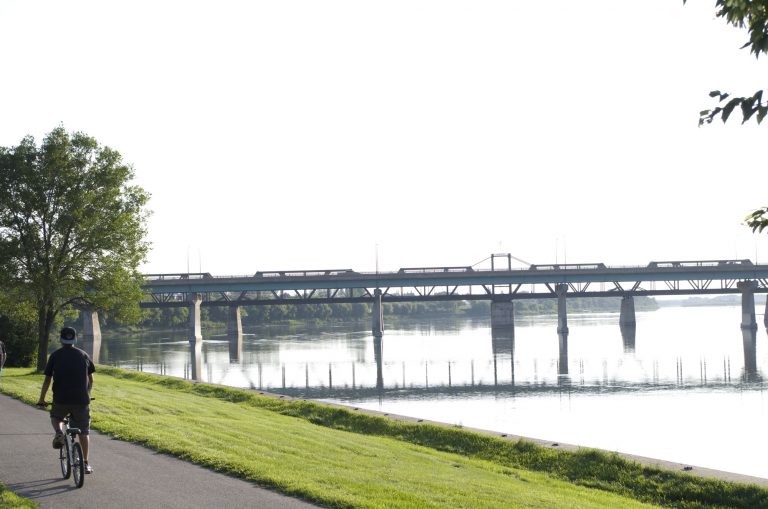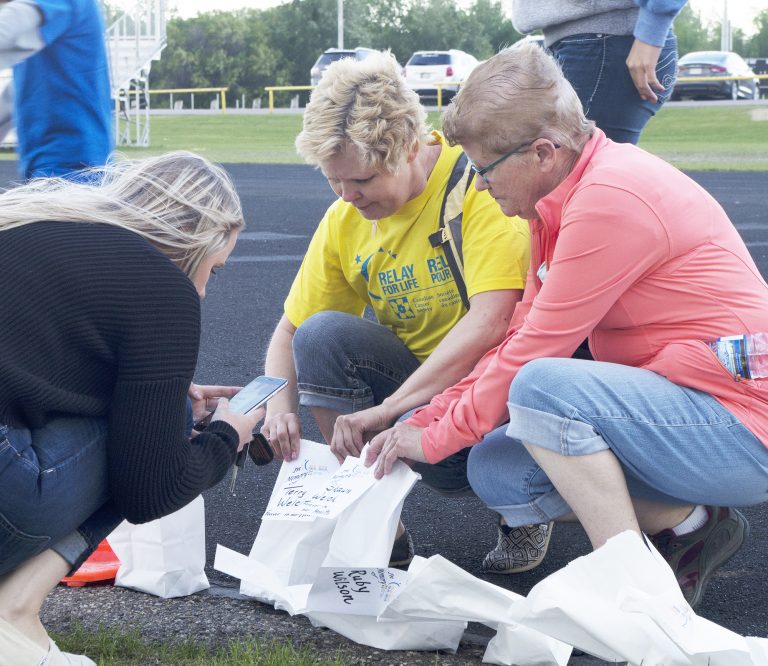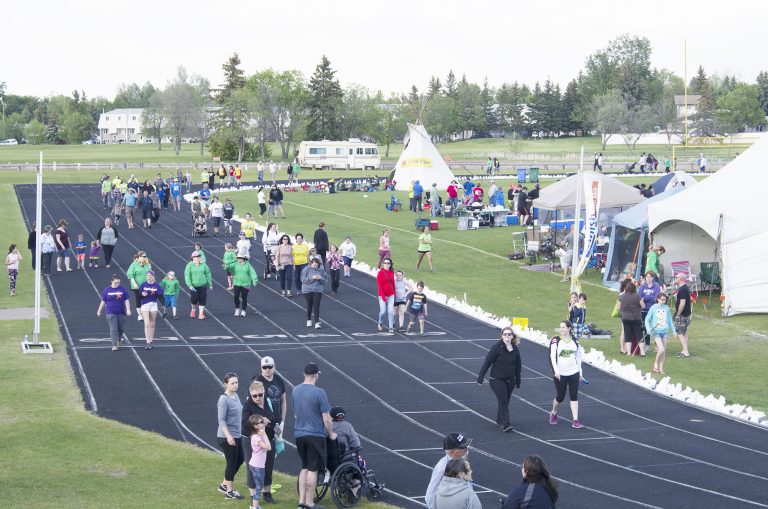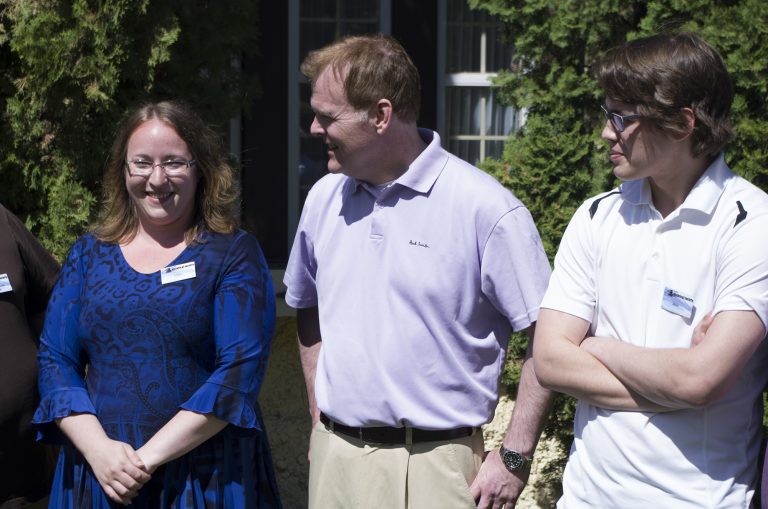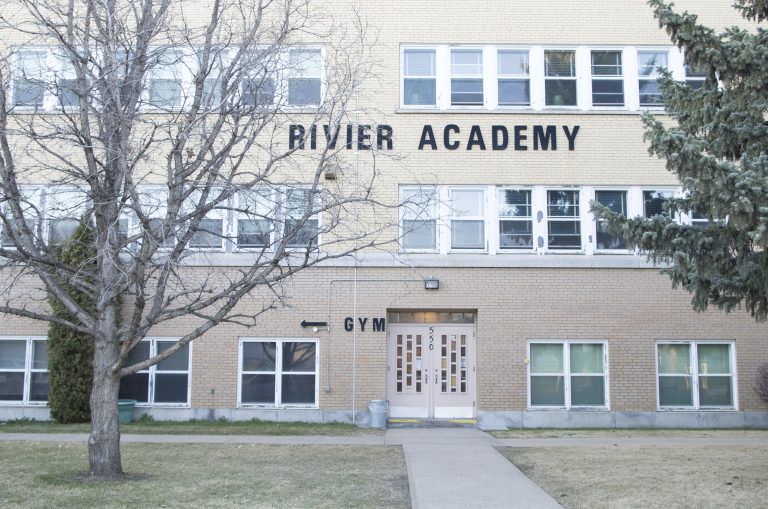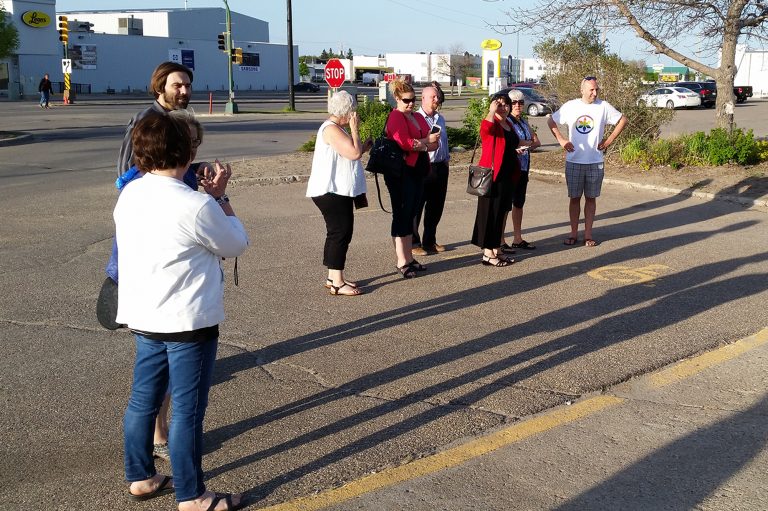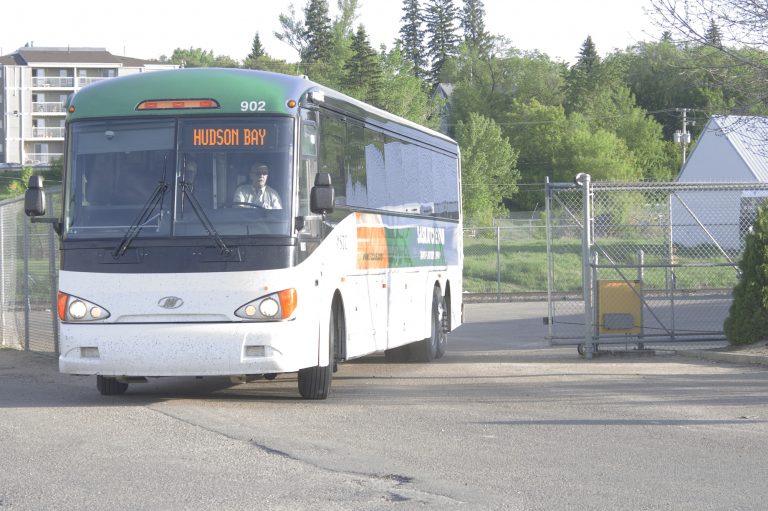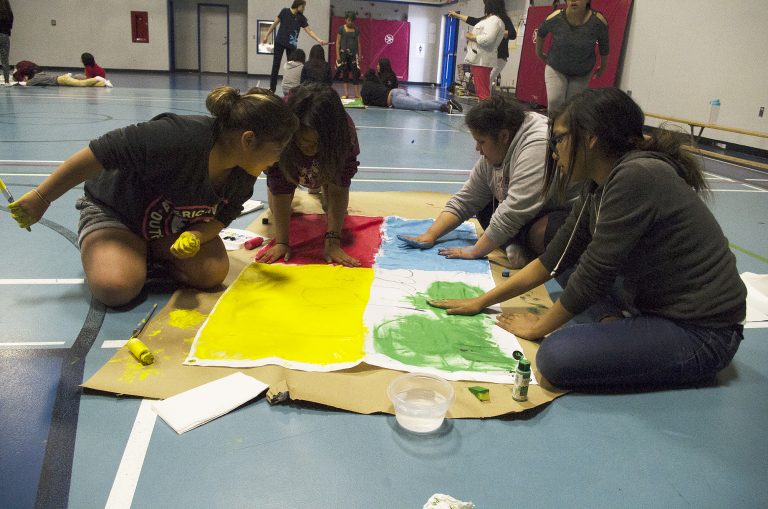There could be a cost to using Prince Albert’s only bridge in the future, as city councillors look at creating ways to fund the construction of a second one.
On Tuesday, Ward 1 Coun. Charlene Miller brought forward a motion asking for a report on the feasibility of implementing a toll on Diefenbaker Bridge.
Once collected, the toll funds would go towards the construction of another bridge in the city. The possibility of providing free bridge access for Prince Albert residents will also be considered.
“I think that this toll will make the province and the federal government see that we’re actually trying to do our part,” Miller said during the meeting.
Miller added that she hoped the two levels of government would take the project more seriously if they saw the city’s efforts.
However, there were some concerns from city councillors who felt Prince Albert residents were getting a raw deal.
Ward 7 Coun. Dennis Nowoselsky said he thought residents were already paying for too many services, while Ward 2 Coun. Terra Lennox-Zepp raised concerns about residents in her ward who cross the bridge for work, school and other services.
Ward 8 Coun. Ted Zurakowski also wondered how the implementation of a toll would affect the city’s relationship with the surrounding rural municipalities.
Miller said she’s heard those concerns, but respectfully disagrees.
“There are residents who have phoned me. They want a second bridge, but they don’t’ want to pay for it,” she said. “I understand that, and I get that, but if you’re going to use the bridge, I think that you should be paying for the bridge as well.”
Any decision on whether to implement a toll is still a long ways off. City councillors will still have to wait for administrators to look into the matter, and no completion date was set.
Despite her desire to move the issue forward, Miller remains skeptical that an actual toll will ever be put in place.
“Probably not, but you’ve got to try,” she said when asked if the issue would gain any traction with city council. “Every session I believe has to try (to fund a new bridge), and this is our kick at it.”
@kerr_jas • jason.kerr@paherald.sk.ca

